CBSE class 12 Accountancy viva questions with answers 2024-25 includes important question-wise answers, highly probable to be present in the Viva exam for 8 marks. Students can also study the NCERT books to prepare for the CBSE class 12 Accountancy viva exam.
Table of Contents
CBSE Class 12 Accountancy viva questions with answers 2024-25 include questions and answers for the topics of fundamentals of accounting, fundamental terminology, concepts, and conventions, significant journal entries, depreciation, errors and corrections, ratio analysis, cash flow analysis, and others. In the CBSE Class 12 Accountancy viva exam, students will be asked questions from the general topics that are part of the curriculum and the file that students have created alongside.
In the CBSE 12 Board Exam 2025 for Accountancy, the project evaluation scheme has been bifurcated between the practical file (12 marks) and viva (8 marks). Students can review the viva questions with answers for the CBSE class 12 Accountancy exam and follow the syllabus to score good marks.
Top CBSE Class 12 Accountancy Viva Questions with Answers 2024-25
CBSE Class 12 Accountancy Viva Questions with Answers 2024-25 includes theory questions, essential terms in Accounts, analysis of Financial Statements, features, and objectives of GST, and Cash Flow Analysis. Students can also review the CBSE class 12 syllabus 2024-25 for Accountancy and get in-depth insight into the important chapters and topics that will be covered in the viva exam.
Accounting requires a substantial amount of practice regularly. Learn about the concepts of bookkeeping, ledgers, balance sheets, and so on. Then, have students respond to as many questions as they can using these concepts.
Q1. What is bookkeeping? How is it different from accounting?
Accounting includes bookkeeping. Passing a journal entry, creating a cash book, and posting it into the ledger constitute the fundamentals of accounting.
Q2. What is a double-entry system of bookkeeping?
An all-encompassing and systematic approach to documenting company transactions is the double-entry system. It assists in determining the capital on a particular date as well as the profit made during the firm.
Q3. What is a single-entry system?
There is a gap in the single-entry system. Some accountants only want to document cash transactions; they do not record other types of transactions. As such, it is vulnerable to fraud and mistakes. It is only appropriate for small enterprises.
Q4. What are the objectives of preparing accounts?
Accounting records should be kept methodically. Compiling a profit and loss statement to ascertain profit or loss. Calculate the financial status through the preparation of a balance sheet. Giving users, both inside and outside the company, accounting information.
Q5. What are assets? What are liabilities?
Assets: Assets are the properties (tangible assets and intangible assets) owned by an entity or enterprise. Anything that will enable the firm to get economic benefits in the future is an asset.
Liabilities: Liabilities mean the amount owed (payable) by the business. Liability towards the owners (proprietor or partners) of the business is termed an internal liability. On the other hand, liability towards outsiders, i.e., other than the owners (proprietor or partners), is termed as an external liability.
Q6. What is a provision? How does it differ from a liability?
A provision is a charge made against profits to cover potential losses or liabilities. Liability and provision are different in that the latter is a precise sum, whilst the former is an estimated amount.
Q7. What are Non-Current Assets?
Assets that are not current assets are called non-current assets.
Q8. What are Current Assets?
Current assets are those that are held principally for trading, projected to be realized within a year of the reporting date, or intended for sale or consumption in the course of the business's regular operations.
Q9. What is an operating cycle?
The operating cycle is the time between the acquisition of an asset for processing and its realization of cash and cash equivalents. Where the operating cycle cannot be identified, it is assumed to be 12 months.
Q10. What are Current Liabilities?
A liability is held primarily for trading, due to be settled within 12 months of the reporting date (i.e., the balance sheet date), or that is anticipated to be settled within the company's regular operating cycle, is considered a current liability. Additionally, there is no unconditional right to postpone settlement for at least 12 months following the reporting date.
Q11. What are commitments?
Commitments mean financial commitments due to activities agreed to by the company to be undertaken by it in the future. They are to be classified into:
- Estimated amounts of contracts remaining to be executed on Capital Account and not provided for.
- Uncalled liability on shares and other investments partly paid.
- Other commitments (Nature to be specified)
Q12. Why do we create a provision?
The provision concept of accounting states that we should "provide for all anticipated expenses and losses but do not provide for anticipated incomes," which is how provision is made. A portion of the profits and related assets that would have otherwise been distributed as profits are kept in place by establishing a provision.
Q13. What is a reserve?
Reserves are the amounts set aside out of profits. It is an appropriation of profits or accumulated profits to strengthen the financial position of the business.
Q14. What is a reserve fund?
The amount of reserve when invested in outside securities is termed a reserve fund.
Q15. What are capital reserves?
Dividends cannot typically be paid out from capital gains, which is why capital reserves are held aside. Premiums on the issuance of shares or debentures, profit on the forfeiture of shares, profit from the sale of fixed assets, etc., are a few instances of capital reserves.
Q16. What is a general reserve?
General reserve is the amount set aside out of profits, not for any specific purpose. It is
available for any future contingency or expansion of business
Q17. What is a specific reserve?
A reserve that is set aside from profits with a specific purpose in mind and can only be used for that purpose is known as a specified reserve. For instance, the reserves for workers' compensation, investment fluctuation, and debentures redemption.
Q18. What is a secret reserve?
A secret reserve is one whose amount and presence are not shown on the balance sheet. Another name for it is Hidden Reserve. By displaying the assets at a lower value and the liabilities at a higher amount, these reserves are produced.
Q19. What is deferred revenue expenditure?
Although a Deferred Revenue expense is a revenue expense, it is written off (charged) over multiple accounting periods since the benefit is anticipated to accumulate over multiple financial years. A Deferred Revenue Expenditure, for instance, is a substantial advertising expense that benefits multiple accounting periods.
Q20. What are Accounting Standards?
The Institute of Chartered Accountants of India publishes a collection of rules known as Accounting Standards or generally accepted accounting principles. Establishing accounting standards aims to provide transparency, consistency, and comparability while standardizing accounting procedures.
Q21. What is the meaning of an account?
An account is a summary of a transaction under one head in one place.
Q22. What is meant by debit and credit?
Debit means the left side of an account, and credit means the right-hand side of an account.
Q23. What is an opening entry?
When a business first opens and when the accounting operations begin each year, all assets are debited, and all liabilities and capital are credited. The so-made journal entry is referred to as the opening entry.
Q24. What are closing entries?
At the end of the year, all nominal accounts are moved to the profit and loss account or the trading account. Subsequently, the trading account's gross profit is moved to the profit and loss account. Lastly, net profit is moved from the P&L account to the capital account. All of these entries are referred to as closing entries.
Also, Check: CBSE Class 12 Accountancy Deleted Syllabus 2024-25
Best Books for CBSE 12th Accountancy Viva 2024-25
The best books for CBSE Class 12 Accountancy viva questions with answers 2024-25 are listed below. The CBSE 12th books for Accountancy are curated as per the latest curriculum and students must review them while preparing for the exam.
- Accountancy - I Class XII NCERT Publication
- Accountancy - II Class XII NCERT Publication
- Accountancy - Computerised Accounting System Class XII NCERT Publication
CBSE Class 12 Accountancy Viva 2024-25 Evaluation Scheme
The evaluation scheme for CBSE Class 12 Accountancy viva questions 2024-25 is 8 marks, and the total mark allotted for the CBSE Class 12th Accountancy Project is 20.
| Particulars | Details |
| Practical File | 12 |
| Viva Voce | 8 |
| Total | 20 |
Also Read: CBSE 12th Accountancy Syllabus 2024-25

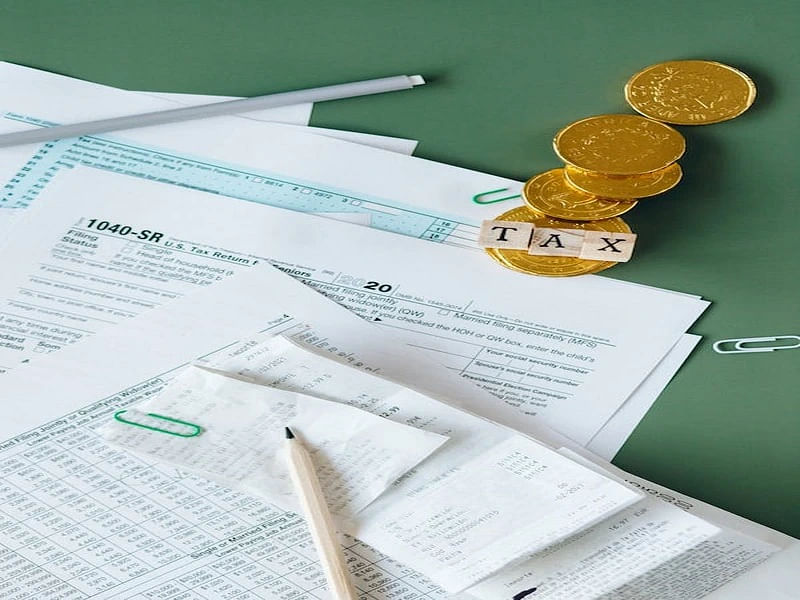






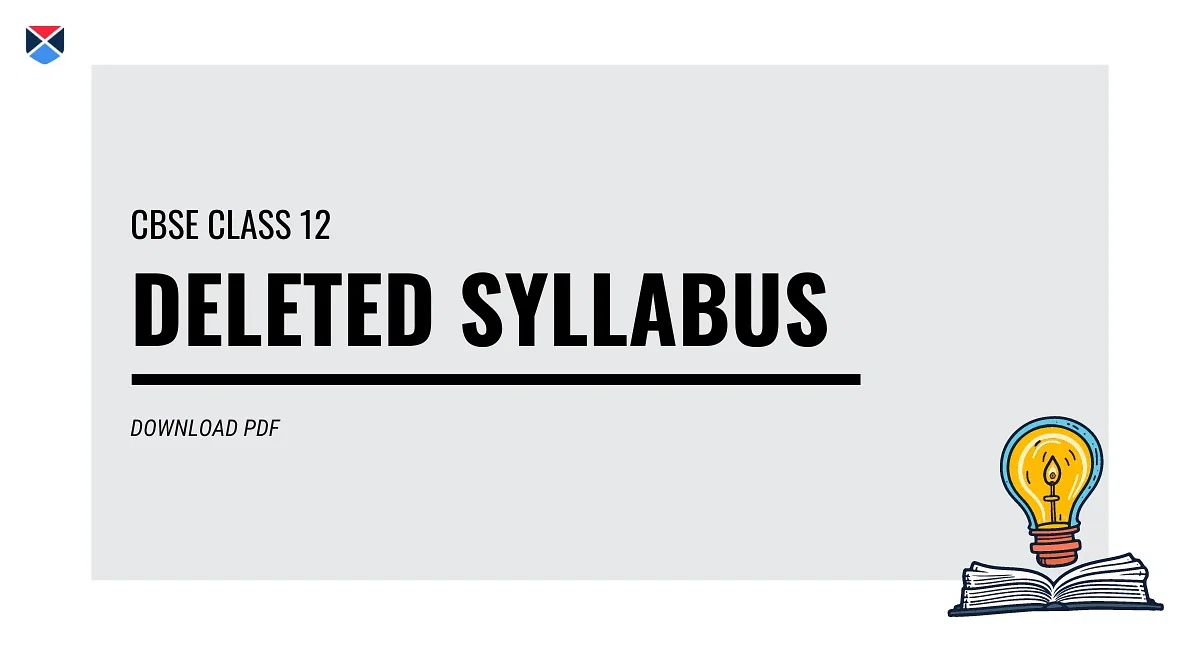
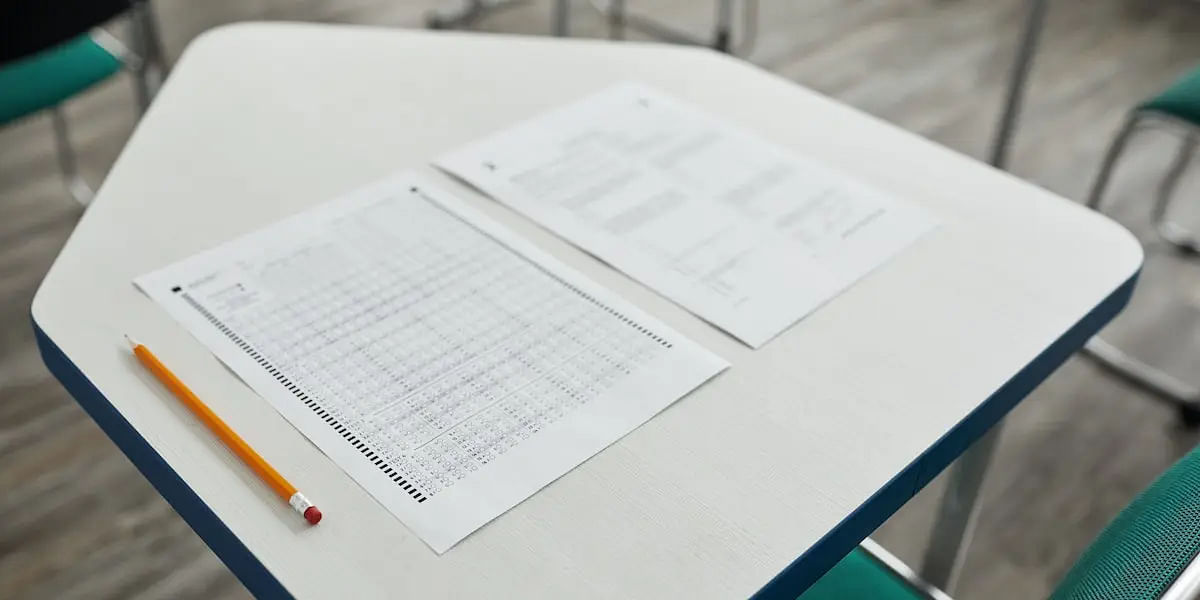


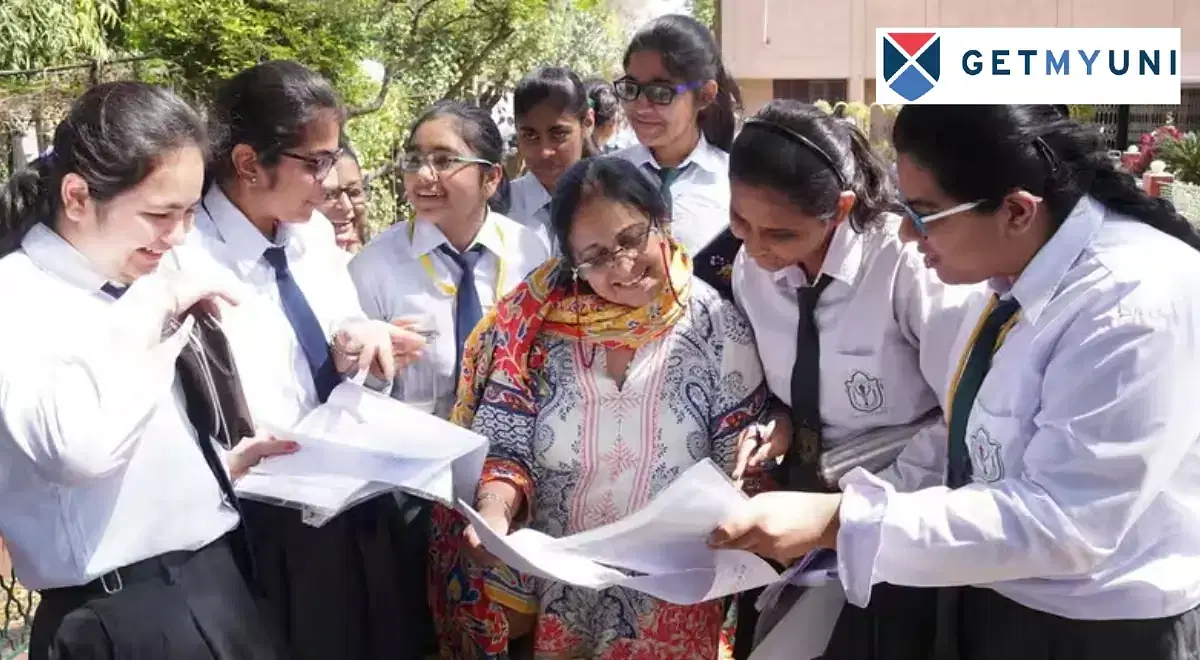


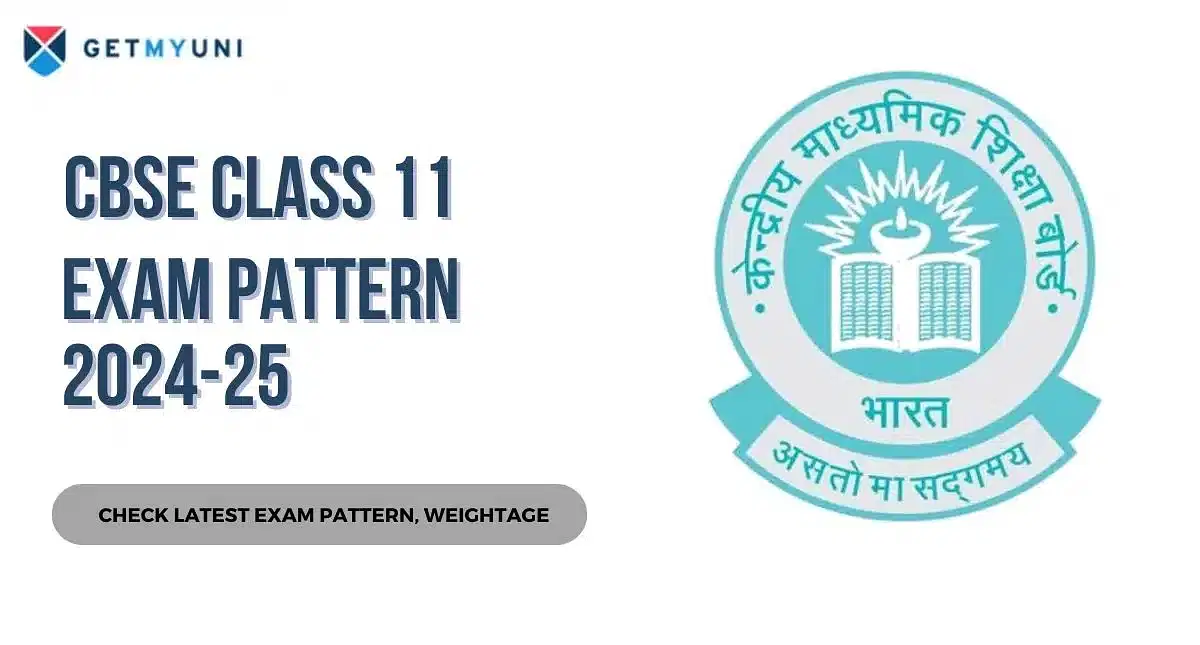









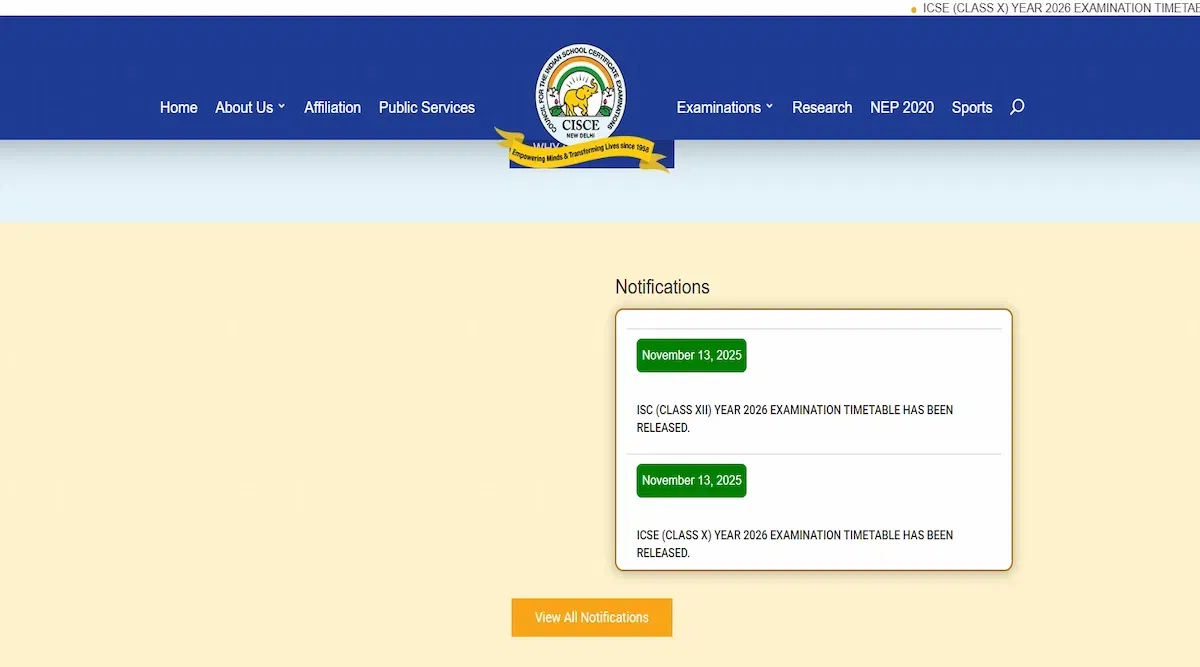
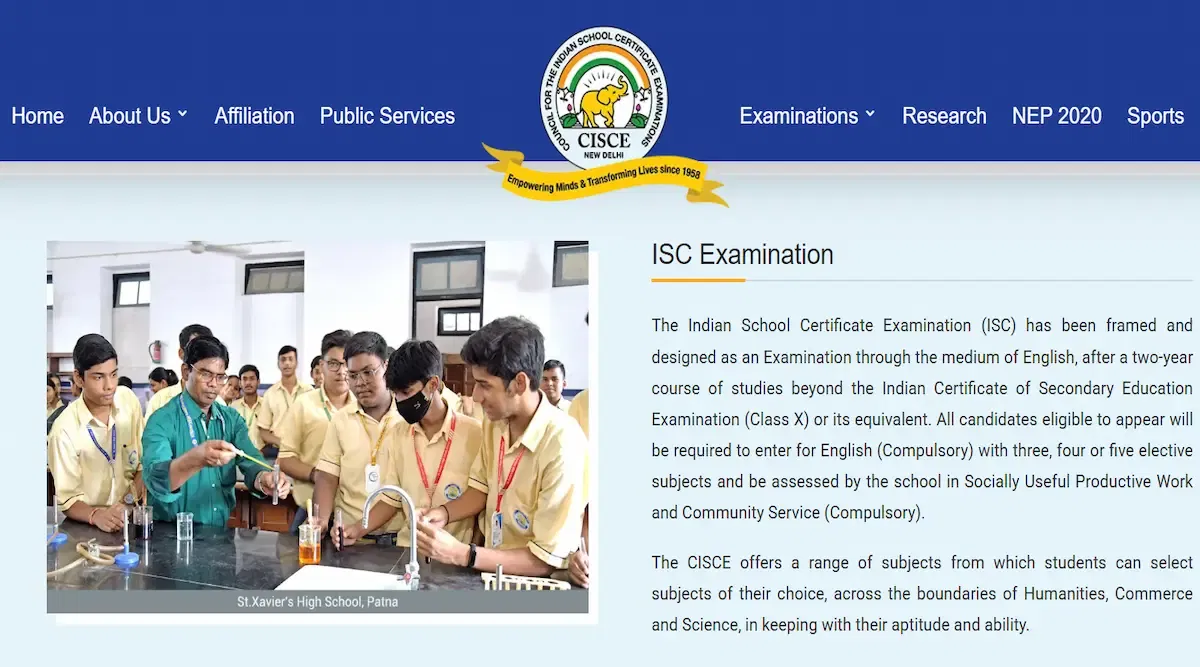


POST YOUR COMMENT